Filter
3.3.2.4 - DIO Isolated ISA
PC Add-on Cards are expansion cards that can be added to a personal computer in order to add additional functionality. DIO Cards are a type of PC Add-on Card that provide digital input/output (DIO) capabilities. DIO Isolated cards are a specialized type of DIO card that provide isolation between the PC and the external device, which is especially important in industrial applications. DIO Isolated ISA cards are a type of DIO Isolated card that are designed to be compatible with the ISA bus architecture.
| 3.3.2.4 | PIO-16/16L(PC)V | Opto-isolated 16/16 channel digital input/output AT Card | EOL, call for remaining quantity | |
| 3.3.2.4 | PI-64L(PC) | Opto-isolated 64 channel digital input AT Card | EOL, call for remaining quantity | |
| 3.3.2.4 | PIO-16/16RL(PC) | Opto-isolated 16/16 chan DIO AT Card (negative common) | EOL, call for remaining quantity | |
| 3.3.2.4 | PI-32L(PC)V | Opto-isolated 32 channel digital input AT Card | EOL, call for remaining quantity |
There are no categories here at the moment.
acceed news
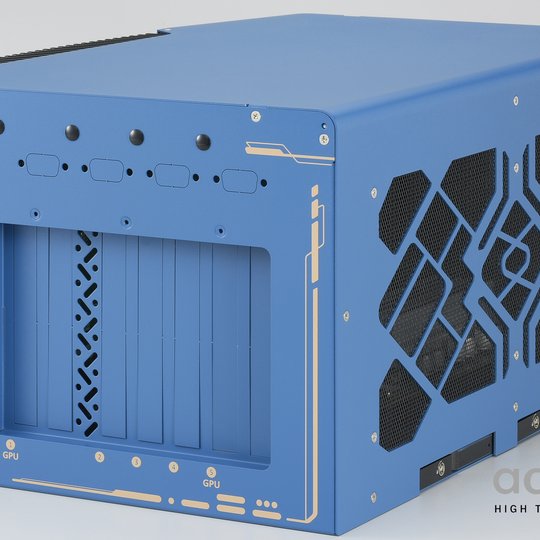
Industrial automation has been undergoing change for some time now. While previous production systems relied on classic PLC and IPC architectures, the era of Industry 5.0 increasingly demands modular, AI-enabled platforms that not only perform control tasks but also enable data-intensive analyses and machine learning. With the Nuvo-10000GC, German distributor Acceed is introducing a new generation of industrial computer systems that meet precisely these requirements for edge AI applications – compact, powerful, expandable and robust.
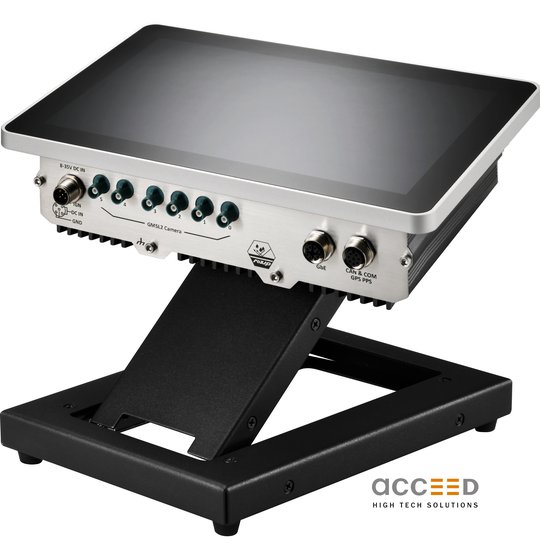
Decentralised data processing plays an important role in the ongoing growth of digitalisation and automation in industry. Edge computing is becoming a key technological consideration, particularly when low latency, minimal downtime and high security standards are required. At the same time, there is a growing demand for high-performance artificial intelligence (AI) directly on the production line – without having to go via the cloud. This is exactly where the new NRU-170PPC panel PC from German distributor Acceed comes in: an industrial AI edge computer with an integrated screen that is designed for continuous operation under demanding conditions and sets new standards in computing power, robustness and system integration.
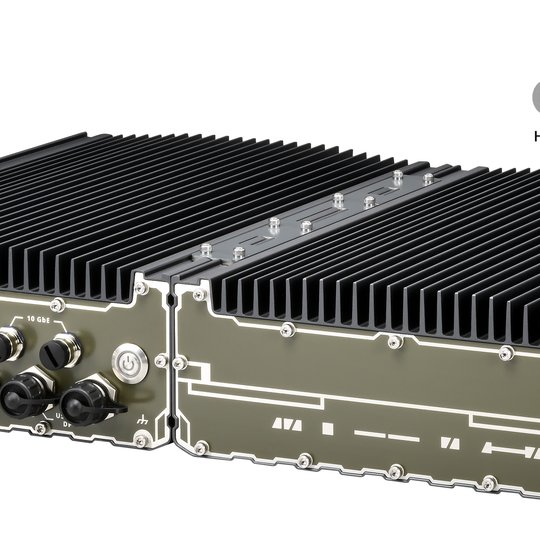
Resilient, fanless, GPU-accelerated: these are the requirements for AI-focused computers on the production line, in development, in the field and under extreme conditions. Or deep learning, object recognition and video analysis brought directly to the road, robust, compact and independent of the cloud. To meet these challenges, the new SEMIL-2000GC combines the uncompromising robustness of a fully enclosed IP67 industrial system with the computing power of the latest Nvidia RTX GPUs – ideal for demanding applications in the fields of autonomous driving, industrial image processing, mobile robotics, smart cities, surveillance or edge AI in IIoT. Certified according to EN 50155, the controller can also be used in rail vehicles and in an extended temperature range from -40 to +70 °C.
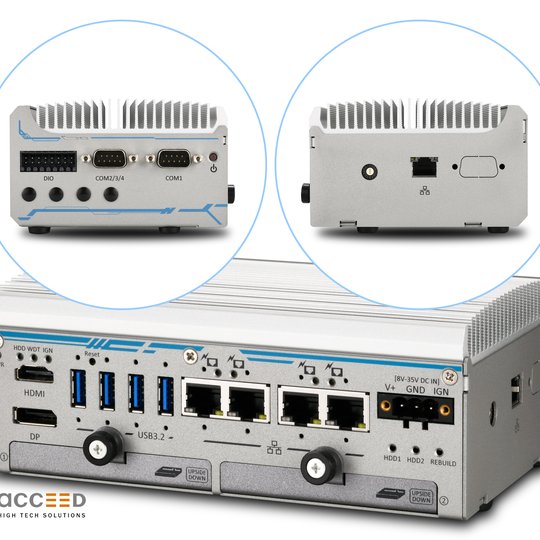
Acceed is expanding its range of industrial box controllers with the fanless compact computer POC-764VR, which has been specially developed for video analysis and object recognition. In addition to the robust design tailored to industrial applications, the new controller impresses with its reliable high computing power and offers HD image recording, real-time detection and data analysis with support for various sensors. The possibility of remote access improves safety and efficiency and reduces operating costs.
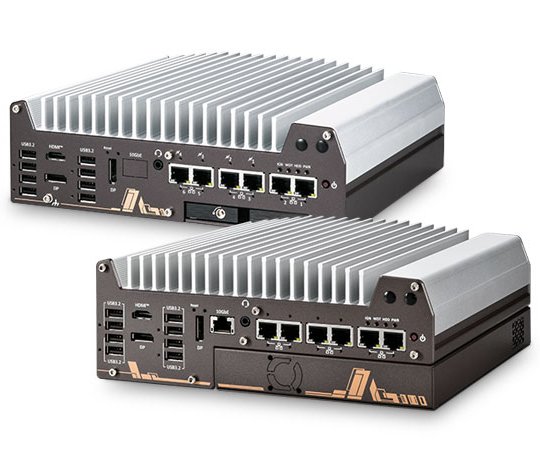
The Nuvo-11000 series is Neousys’ flagship rugged embedded computer, powered by Intel® Core™ Ultra 200 processors with up to 24 cores/threads, DDR5-6400 memory, PCIe Gen5, and an integrated NPU delivering up to 36 TOPs for AI workloads. Offering a 1.2x CPU boost and improved energy efficiency, it supports demanding industrial applications. The system provides five 2.5GbE and one 1GbE port (with optional PoE+), an optional 10GbE port, eight USB 3.2 Gen2 ports, and an M.2 Gen5x4 slot enabling SSD speeds over 11,000 MB/s. With expansion via Cassette, MezIO®, and mini-PCIe, plus isolated DI/DO, it delivers versatile connectivity, scalability, and reliable performance in harsh environments.
